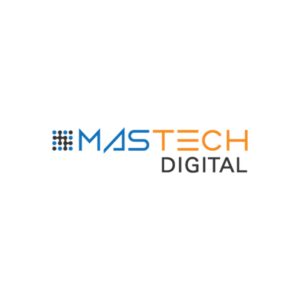Digital Learning Support
When does digital learning work best? There’s no one answer to this question—it depends on the individual learner and the specific learning goals. However, general guidelines can help determine when digital learning is most effective.
Generally speaking, digital learning support works best when it is used to supplement traditional face-to-face instruction. Digital learning should be used to enhance and expand upon what is already being taught in the classroom. For example, if you’re teaching a history lesson, you might use a digital learning platform to show your students primary source documents or videos of important historical events.
Digital learning can also be very effective when used for practice and reinforcement outside the classroom. For instance, if your students struggle with a particular concept, you might assign them additional practice exercises or quizzes on a digital learning platform. This can help them master the material before taking a class test or examination.
Ultimately, the effectiveness of digital learning depends on how it is used. When used thoughtfully and strategically, digital learning can be a valuable tool for enhancing student learning.
What Are The Benefits?
Digital learning can offer several benefits to students, including increased engagement, improved access to resources, and greater flexibility. Digital learning can effectively engage students struggling with traditional educational methods. For example, digital learning can provide students with opportunities to learn at their own pace, receive immediate feedback, and receive targeted instruction. In addition, digital learning can often be more engaging than traditional methods, as it can use multimedia content and allow for more collaboration between students.
Digital learning can also help improve access to resources. Students who have difficulty accessing books or other materials in a traditional classroom may find that digital learning provides them with more significant opportunities to access the help they need. In addition, digital learning can be more convenient for students who have busy schedules or live in rural areas.
Finally, digital learning can offer greater flexibility than traditional methods. Students looking for a more flexible education option may find that digital learning allows them to study when and where they want. In addition, digital learning can often be less expensive than traditional methods, as it eliminates the need for textbooks and other materials.
How To Assess The Effectiveness Of A Digital Learning Strategy?
As digital learning becomes more widespread, it is increasingly important to evaluate the effectiveness of the digital learning strategy. Some factors can be considered when assessing the effectiveness of digital learning, including:
1. The Quality Of The Content
Is the content engaging and relevant? Does it meet the needs of the learners?
2. The Delivery Platform
Is the platform easy to use and navigate? Does it provide an optimal learning experience?
3. Learner Engagement
Are learners actively engaged with the content, and using it to achieve their learning objectives?
4. Outcomes
Can learners achieve their learning objectives, and demonstrate improved performance using the digital learning strategy?
Advantages To Digital Learning
Digital learning has several advantages over traditional learning methods. Perhaps the most obvious benefit is that it can be done anywhere, worldwide, as long as you have an internet connection. This means you can learn at your own pace and in your own time.
Another advantage of digital learning is that it is usually more engaging and interactive than traditional learning methods. This means that you are more likely to retain the information you learn. Additionally, digital learning can be tailored to your individual needs and preferences, meaning that you can learn in the way that suits you best.
Finally, digital learning is often more affordable than traditional learning methods. This is because there are no physical materials and no traveling costs. Additionally, many digital learning platforms offer discounts or free trials, so you can try out different courses before committing to one.
Visual Appeal
When it comes to digital learning, it is essential to consider the visual appeal of your content. This is because people are more likely to remember information that is presented in a visually appealing way. In addition, visual content is more engaging and can help hold attention better than text alone. There are a few ways to make sure your visual content is effective:
- Use high-quality images that are relevant to the topic at hand.
- Use videos or infographics whenever possible to break up text and add another layer of interest.

